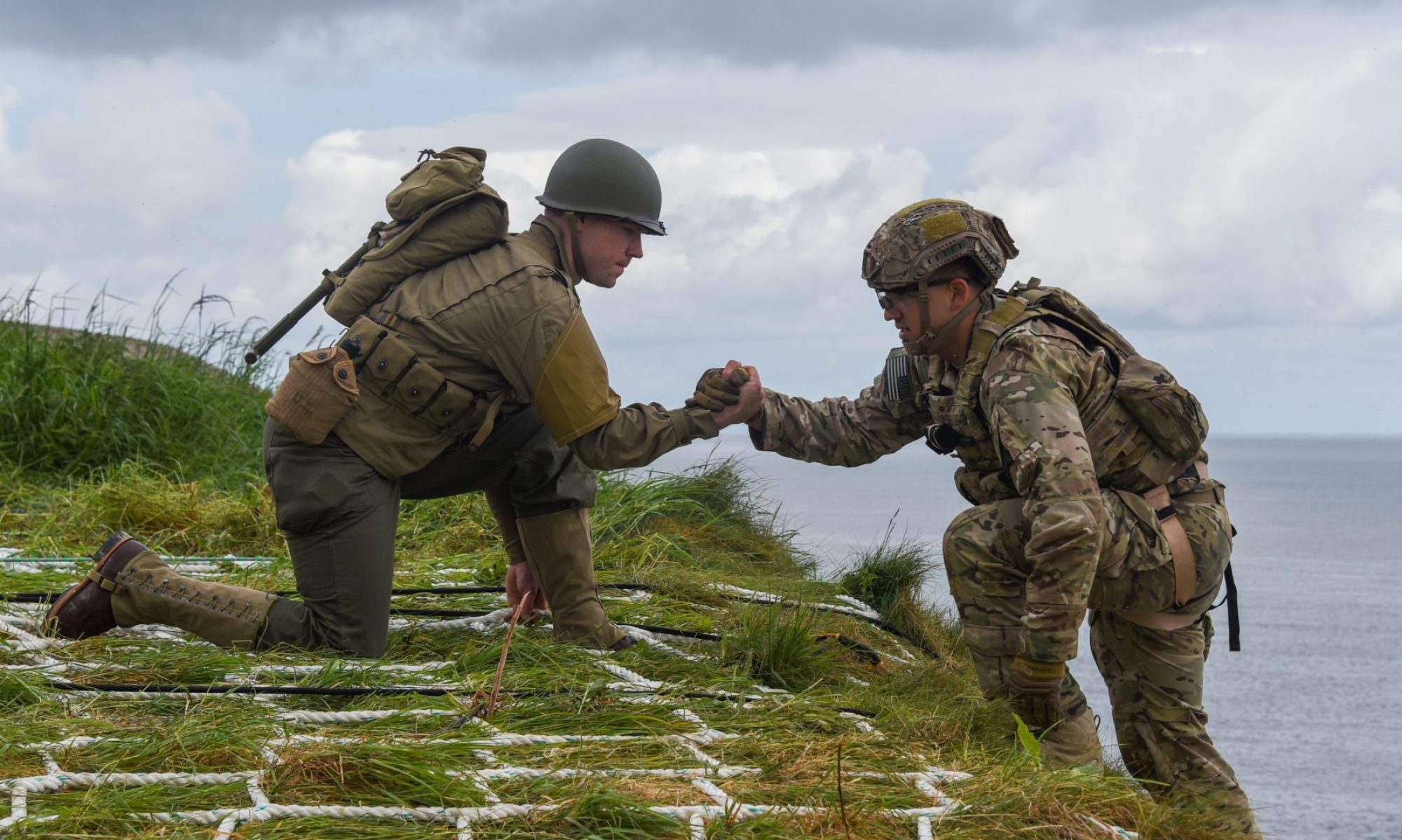Here is a list of articles, books, documents, etc., that you might want to look at for further reading on the topics addressed in this Blog and on my podcasts of the same name:
On War
With the recent shift from mercenaries to a general concept of what war is, was, and ever shall be, it is good to refer to some on the great philosophers on this subject:
Clausewitz, On War, Book I, Chapter 1. The Micheal Howard and Peter Paret translation is considered the best, but if you understand German read it in German. There are nuances missed even in this translation. Clausewitz thought that only Book One Chapter 1 was really ready for publication when he died. If you read nothing else of Clausewitz, take the time to understand this chapter. (It helps if you are at least familiar with Kantian philosophy.)
Hugo Grotius, On the Law of War and Peace, Book I, Chapter 1. Grotius wrote the first comprehensive study on international law and he is considered the father of international law.. Almost all international law owes some sort of debt or paternity to Grotius. In many ways, writing during the Thirty years War, this work reflected the ideas that would come to be the Nation/State or so-called Westphalian System which defined international politics to this day.
Mao Tse-Tung, Problems of Strategy in China’s Revolutionary War. This is a surprise, at least to anyone who knows me. It cannot be denied that he was very successful and understood how to win a war. Chapter I is well worth studying for anyone who wants to really understand a non-Western, yet surprisingly universal appreciation for War.
Colin Powell, “US Forces: The Challenges Ahead,” Foreign Affairs, Winter 1992. The United States military has not had a great many military thinkers of the first rank, but Colin Powell is definitely among them. Fortunately for us he worked for some Secretaries of Defense and Presidents who appreciated his insights.
Hybrid Warfare
Pindjak, Peter, Deterring Hybrid Warfare: a Chance for NATO and the EU to Work Together? NATO Review Magazine, retrieved from https://www.nato.int/docu/review/2014/Also-in-2014/Deterring-hybrid-warfare/EN/index.htm. This is the principal reference Col. Waring referred to in his interview.
Regarding Russian Quasi-Mercenary Forces:
Kimberly Marten (2019) Russia’s use of semi-state security forces: the case of the Wagner Group, Post-Soviet Affairs, 35:3, 181-204, DOI: 10.1080/1060586X.2019.1591142. Retrieved from https://doi.org/10.1080/1060586X.2019.1591142
Spearin, C. R. (2018) ‘Russia’s Military and Security Privatization’, Parameters, 48(2), p. 39.
Bingham, J. (2018). Private companies engage in Russia’s non- linear warfare. Jane’s Intelligence Review. Retrieved from https://www.janes.com/images/assets/018/78018/Private_companies_engage_in_Russias_non-linear_warfare.pdf
Gillard, E. (2006). Business Goes to War: Private military/security companies and international humanitarian law. International Review of the Red Cross,88(863), 525.
Lasynskyi, S., & TSN. (2017, October 22). Wagner mercenaries: What we know about Putin’s private army in Donbas |. Retrieved from http://euromaidanpress.com/2017/10/19/wagner-mercenaries-what-we-know-about-putins-private-army-in-donbas/
Private Military and Security Companies
OSCE. (2019, July 8). Luxembourg declaration and Resolutions Adopted by the OSCE parliamentary assembly at the twenty-eighth annual session, Luxembourg, 4–8 July 2019(Rep. No. AS (19) D E). Retrieved August 2, 2019, from Organization for Security Cooperation in Europe website: https://www.oscepa.org/documents/annual-sessions/2019-luxembourg/3882-luxembourg-declaration-eng/file
https://www.acq.osd.mil/log/PS/psc.html This is the website for the work I just retired from in the Defense Department. It gives a good overview of DoD policy and regulations regarding PSCs.
https://www.icrc.org/en/doc/assets/files/other/icrc_002_0996.pdf. Direct link to the Montreux Document on the ICRC website
https://www.eda.admin.ch/eda/en/home/foreign-policy/international-law/international-humanitarian-law/private-military-security-companies/montreux-document.html This is the page on the website of the Swiss Federal Department of Foreign Affairs. It also provides a history of developing the document and links to the Montreux Document Forum and the International Code of Conduct.
Ranito, Jovana Jezdimirovic (2019) Regulating US Private Security Contractors, Palgrave MacMillan, New York. This is a comprehensive look at what it took to get where we are with PMSC regulation. Although its focus is DoD regulation, the progress of DoD and the US government in general is inseparable from international developments.
UN Live United Nations Web TV – Search Results for “2019-02-04” – Debate on Threats to International Peace and Security: Mercenaries activities as a source of instability and destabilization in Africa – Security Council, 8456th meeting. (2019, February 4). Retrieved February 13, 2019, from http://webtv.un.org/search/debate-on-threats-to-international-peace-and-security-mercenaries-activities-as-a-source-of-instability-and-destabilization-in-africa-security-council-8456th-meeting/5998337747001/?term=2019-02-04&sort=date. Yes, it is long, but it gives a good insight into the perspectives of different countries active in this issue. Note that the representative of the Central African Republic never mentions or even alludes to the Russian PMCs in his country.
